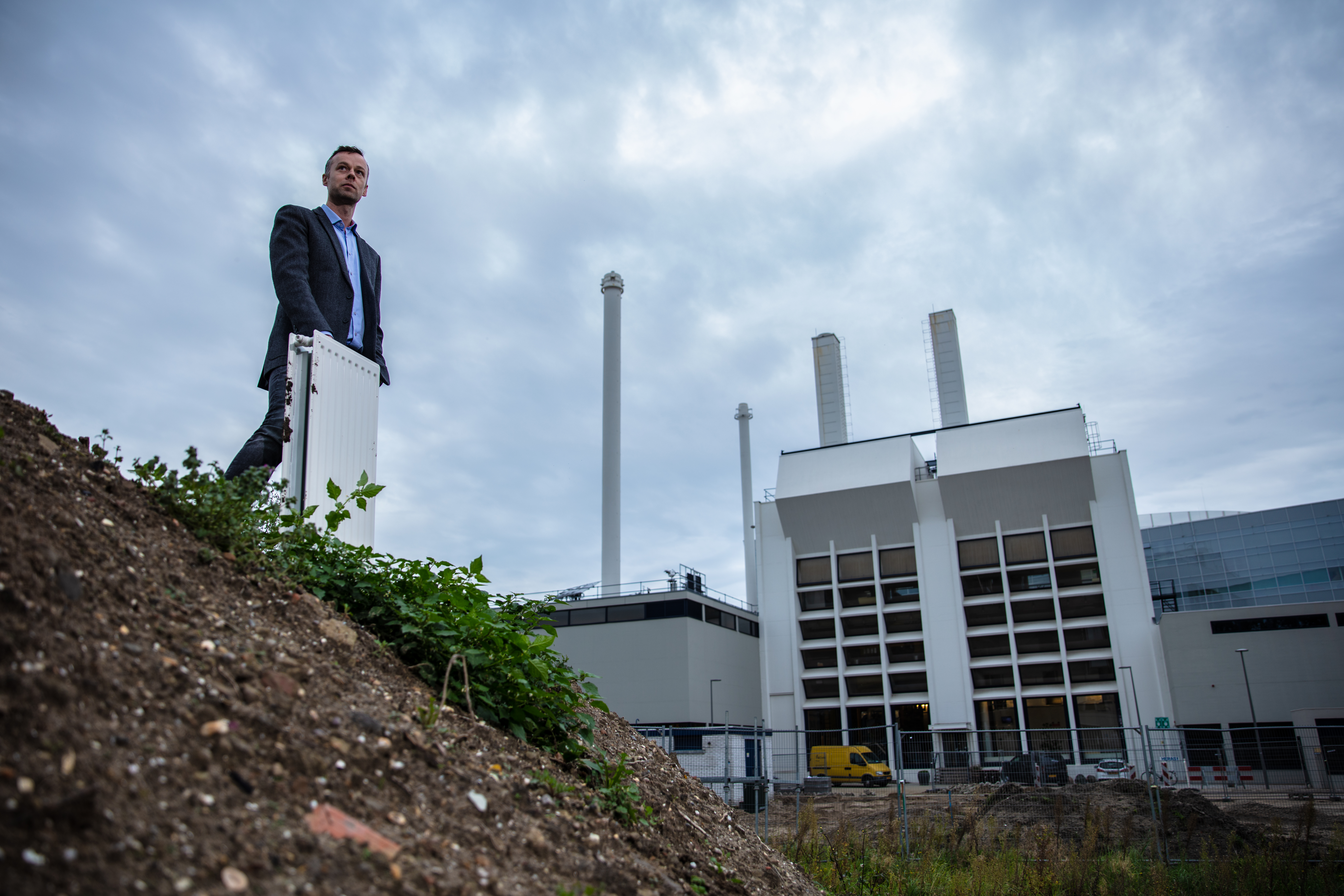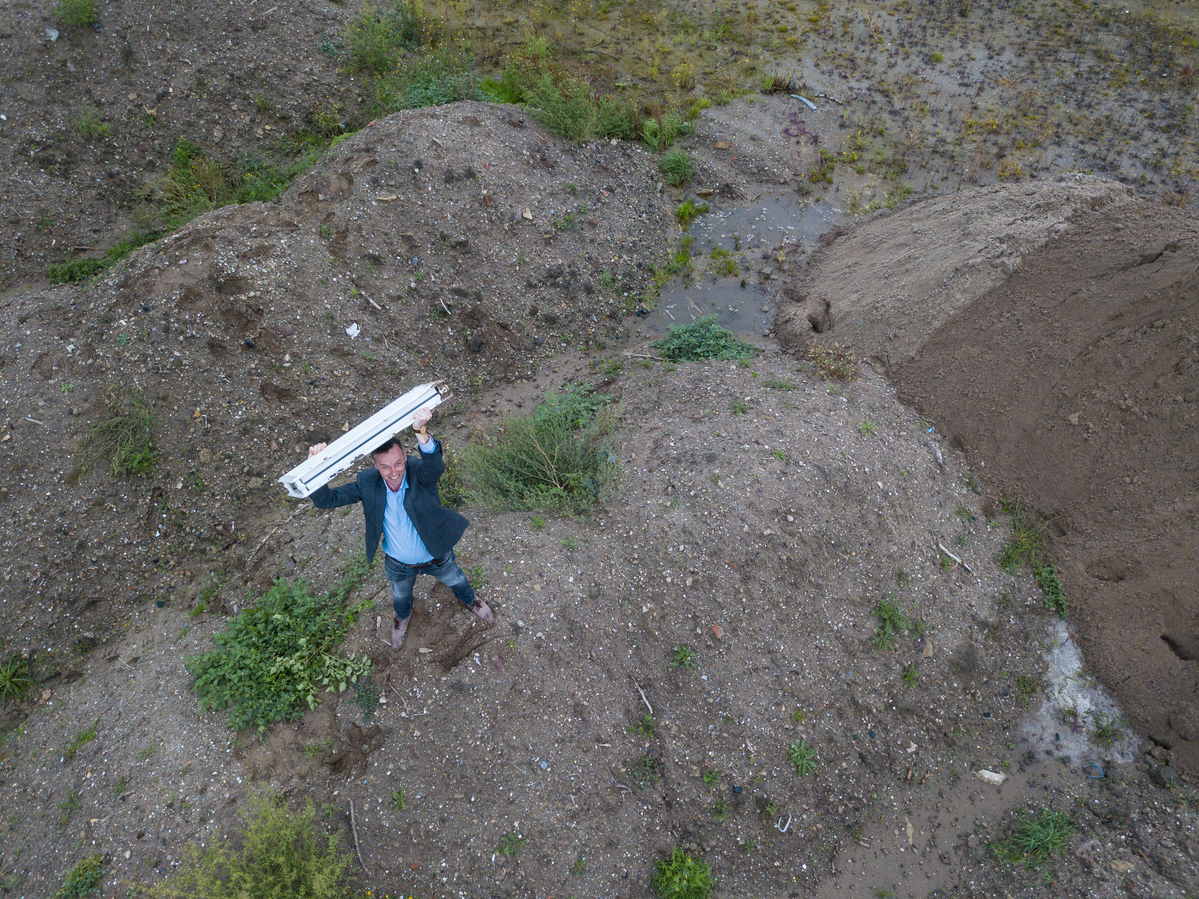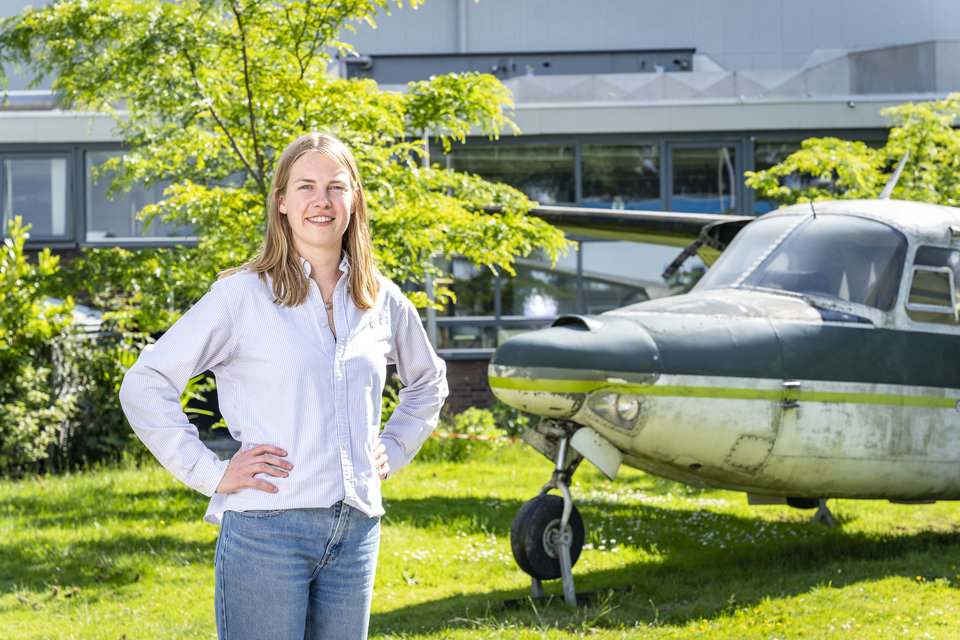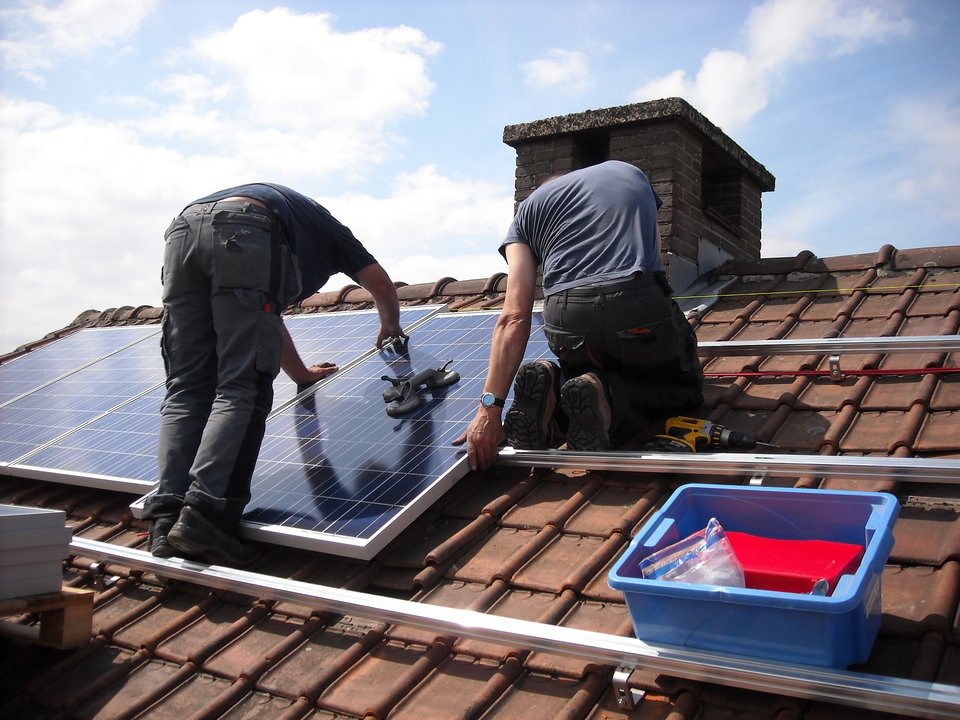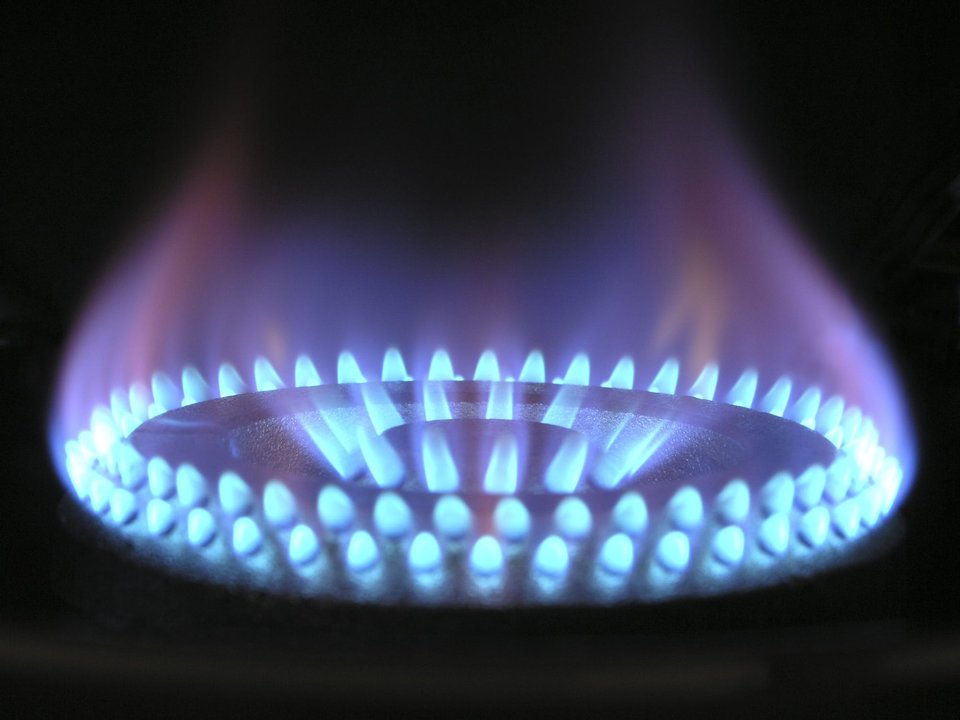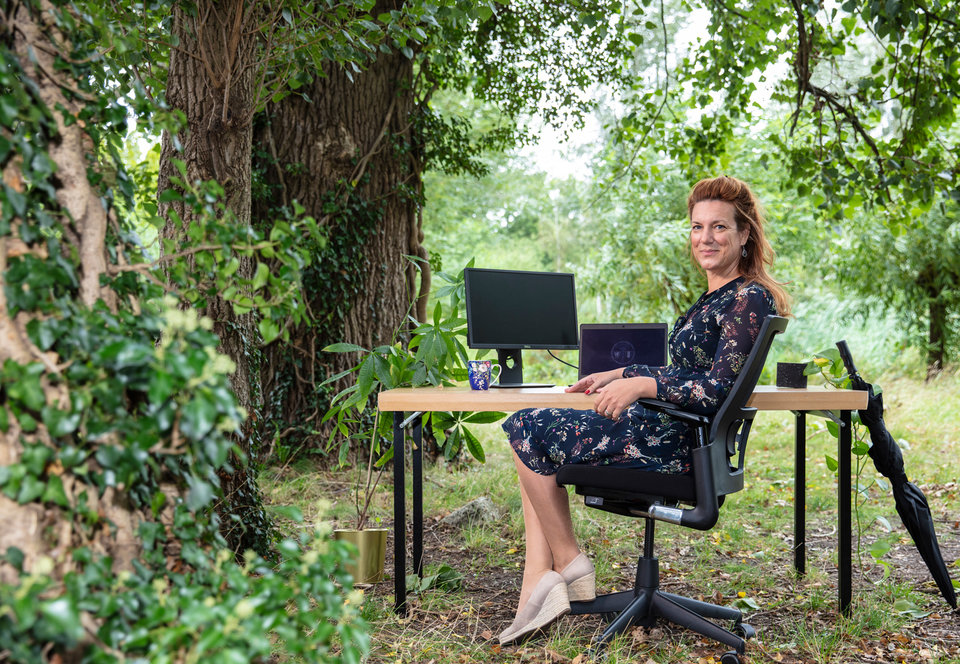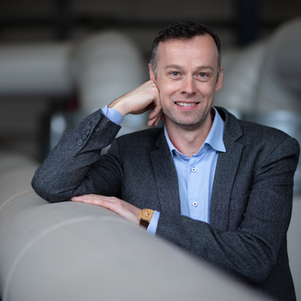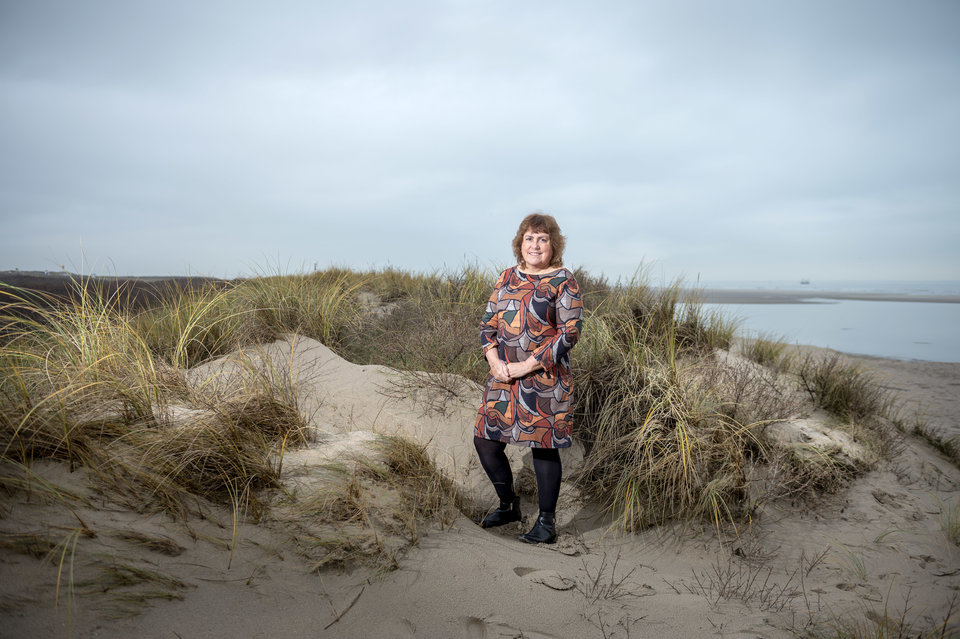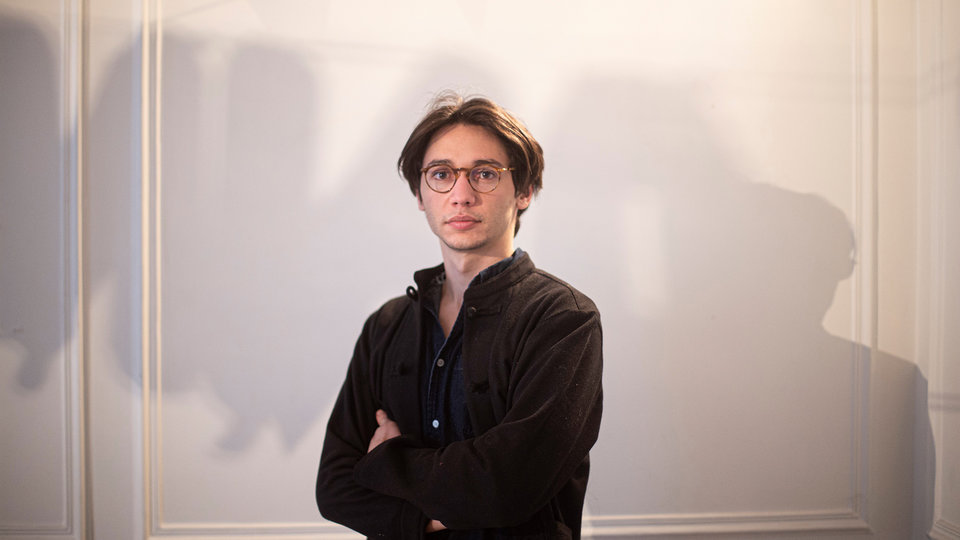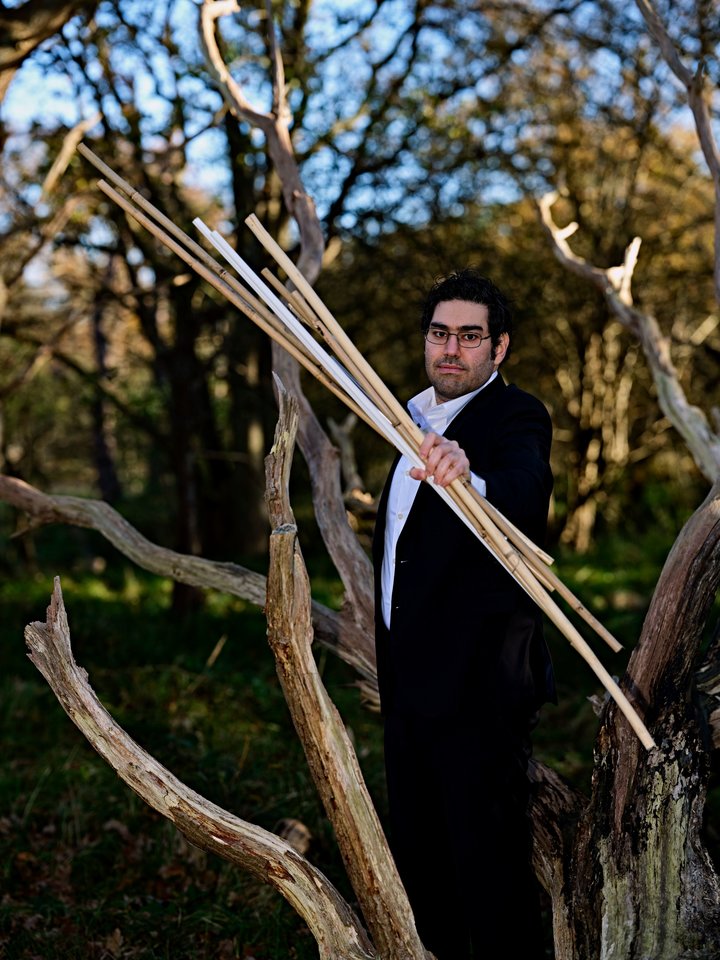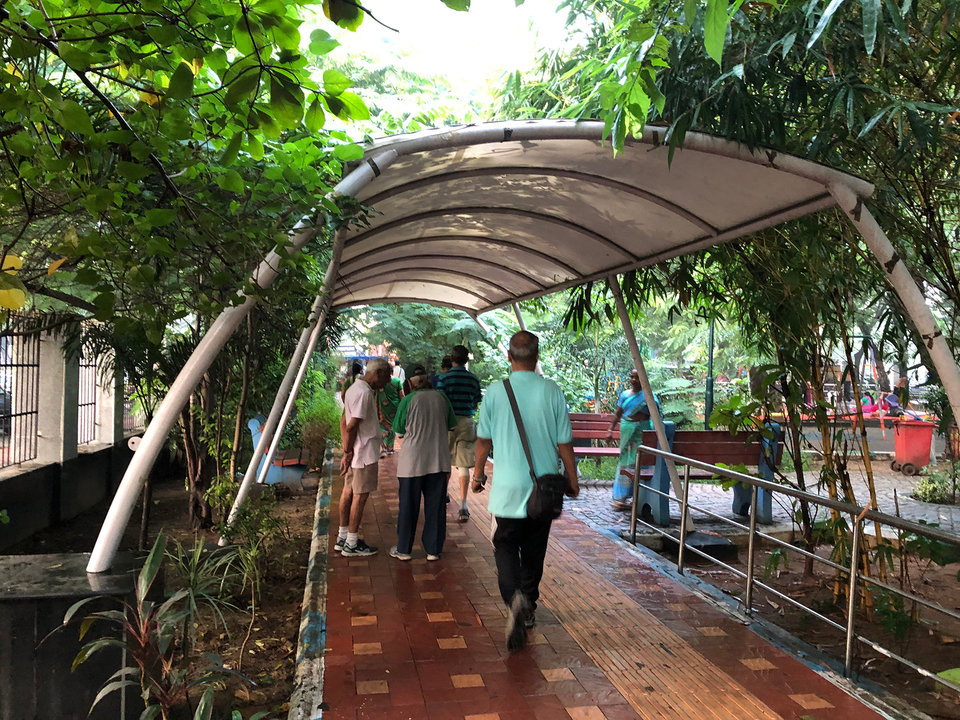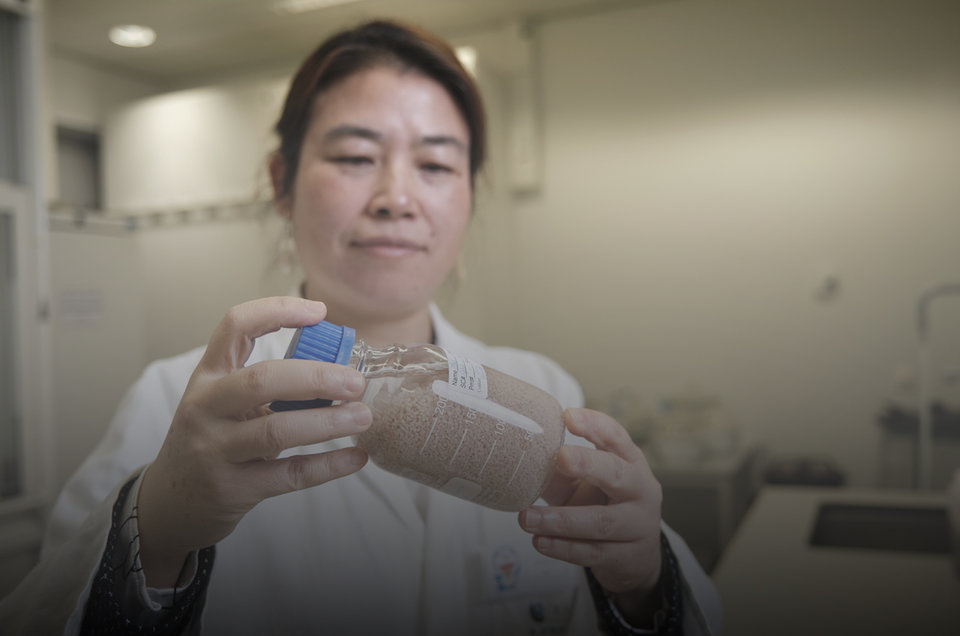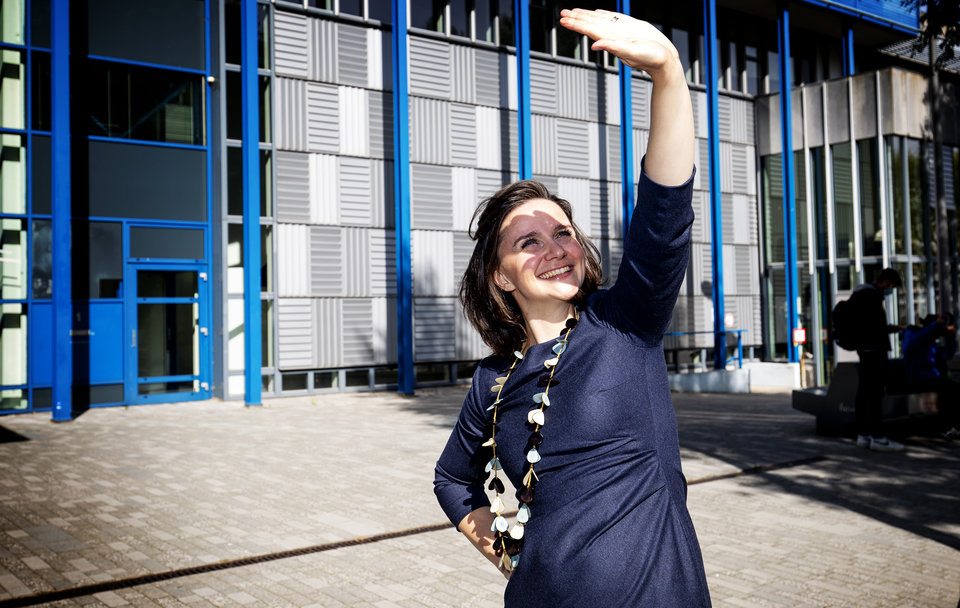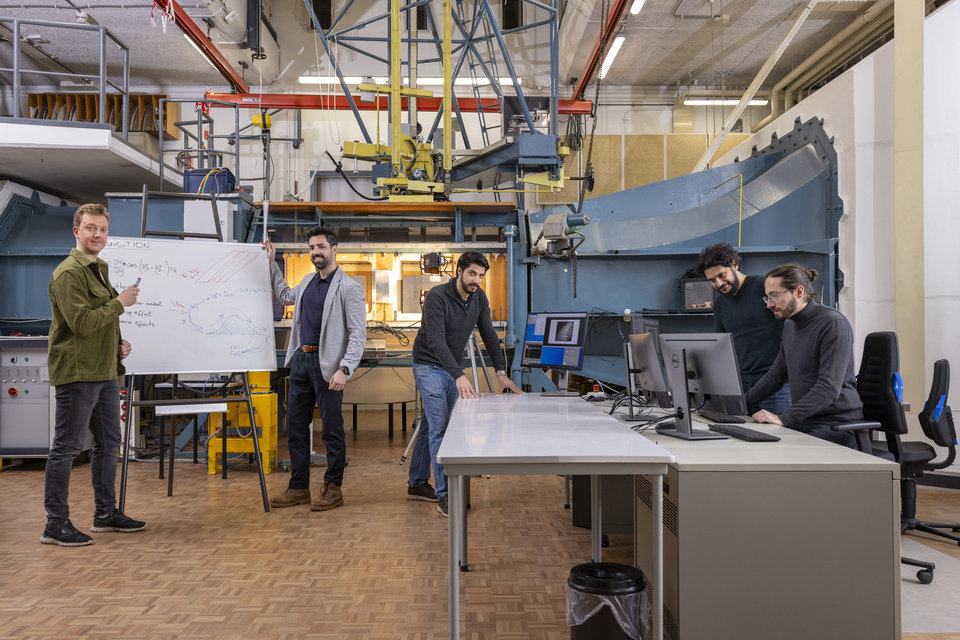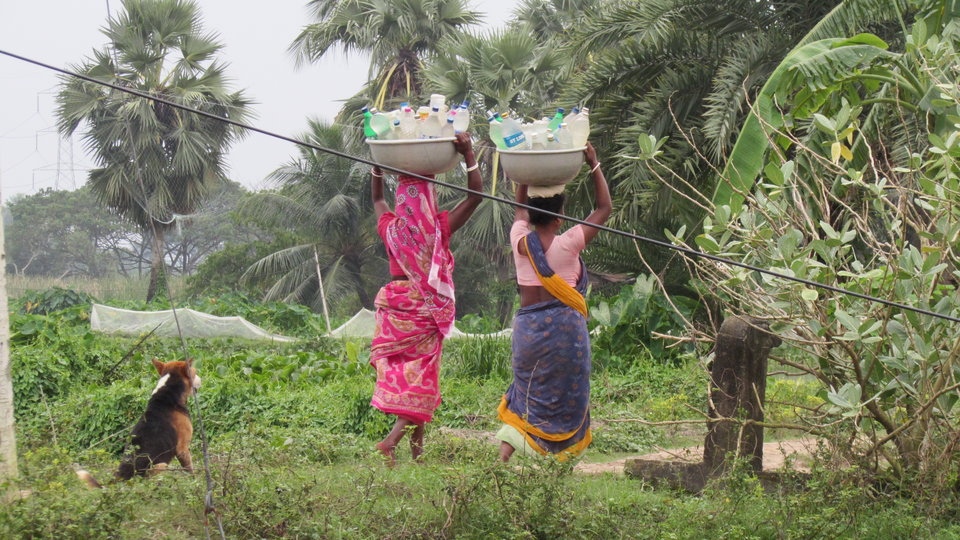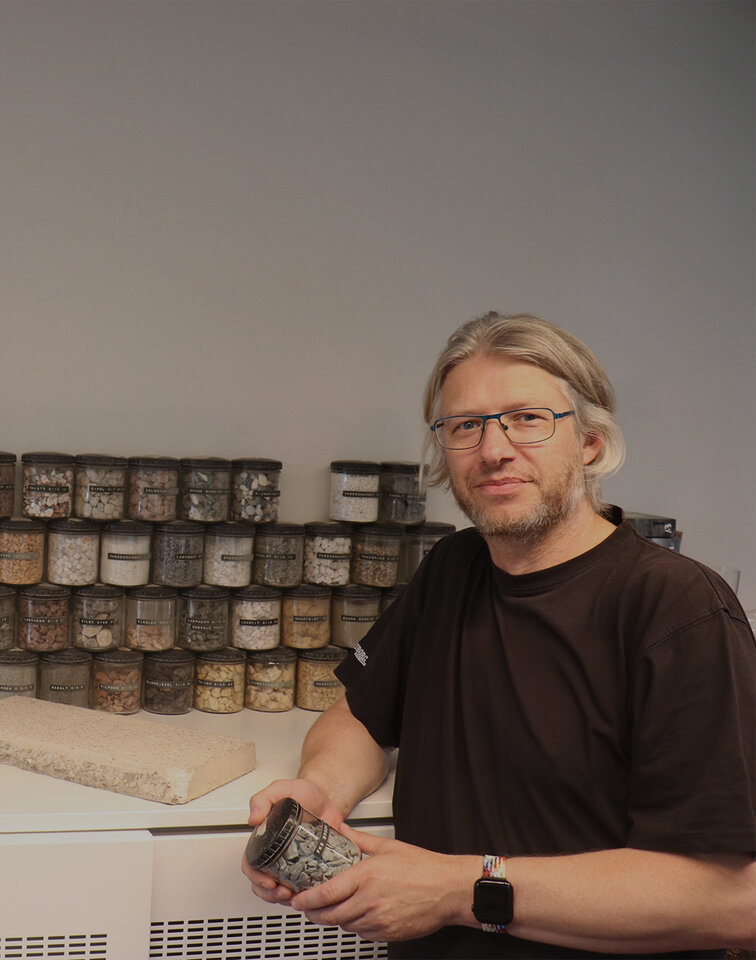Years ago a group of TU Delft students got the idea of realizing a geothermal well at the university campus. What at first seemed like a wild plan was set into motion when it became clear the campus grounds were in fact an ideal location. Now, for theme leader Phil Vardon things are almost about to get real. After years of measuring, liaising and researching, detailed preparations to make it a reality are in full flow now. “This geothermal source on our campus will become one of the world’s biggest hotspots for research into geothermal energy.”
The well’s dual purpose is what makes it so unique, explains Phil Vardon, theme leader of Geothermal Science and Engineering. In addition to providing the university buildings with sustainable heat, the geothermal well will serve as a top-notch research facility. “It will provide heat, but more important is that it will provide crucial knowledge on geothermal energy. Not just for one project, but for the entire energy transition.”
The idea for using geothermal energy goes beyond the campus itself. The planned geothermal source can supply sustainable heat to housing associations in city of Delft as well.
What is Geothermal Energy?
Geothermal energy is heat from deep strata underground. Deep in the subsoil warm water is stored in various places in the Netherlands. Via a well in Delft, at a depth of around 2.2 km, it is possible to pump up water with a temperature of around 75°C. This can be used to heat the buildings. The water cools down to around 50°C or lower and is returned via a second well to the same layer of earth, underground at a distance of 1.5 km from the other well.
TU Delft, Hydreco Geomec, Energie Beheer Nederland (EBN) and Shell are collaborating on the geothermal energy project on TU Delft Campus. The intention is to realise the source on Rotterdamseweg, next to the combined heat and power plant opposite the Nieuwe Haven. The project is being run in consultation with Dutch State Supervision of Mines (SodM). More information is available on: www.geothermiedelft.nl/en
Photo: Phil Vardon on the proposed site of the Delft geothermal well, next to the combined heat and power plant on the Rotterdamseweg in Delft.
’Heat is the big one’
Vardon expects the research done on the well will help unlock the potential of geothermal energy. “Energy is one of the big challenges of our time. Pretty much everyone agrees that we want to reduce our use of fossil fuels, but it is hard to do. People have a nice conversation about this and then jump in a car, go home and turn the gas central heating on.”
Heat is our biggest energy demand, Vardon continues. About fifty per cent of our primary energy is spent on heating. “So heat really is the big one,” Vardon says with a smile. Geothermal energy would be a sustainable alternative. “In this project we are linking fundamental research with real-world problems and needs.”
The best instrumented geothermal well in Europe
Still, despite the sustainable benefits, the geothermal industry is relatively small. There are some economic uncertainties involved with extracting heat from deep down in the earth: a new well might not produce as much heat as expected or the water might flow too fast through parts of the rock layers, reducing the lifetime of the well.
“We know that we will never be able to predict everything exactly. Uncertainties will remain as rocks are a naturally variable material,” Vardon explains. “But we aim to improve understanding and to understand how much uncertainty will remain”. To get there, the geothermal well of TU Delft will be heavily equipped with instrumentation for data collection, on the basis of which simulation tools will be developed. These instruments and simulations help us to better predict what is happening in any prospective geothermal project,” Vardon follows. “That reduces the risk of a geothermal project and it leads to better informed decisions on which projects to pursue.”
A crucial aspect is studying the rock properties of the well. “We will study how the reservoir behaves. For instance, we investigate how the water interacts with the rock, changing the chemical composition of the water and its flow at two thousand metres deep. And how does the variability of the rock properties affect the water flow at two thousands metres deep. Over time, minerals might clog the pores of the reservoir, obstructing the water flow. There are lots of different people looking at different things. It really is a team effort,” Vardon emphasises.
Boost to research and education
Vardon expects the geothermal well at TU Delft will draw international attention. “It would be a huge attraction for scientists to collaborate and a huge boost to geothermal research.” Equally important is that it will give TU Delft students an exceptional opportunity to study geothermal energy. “Seeing things helps,” Vardon says. “A lot of the time studying things in the subsurface is kind of opaque. But by being able to visit the well facilities, it feels more real.” Vardon hopes the presence of an on-campus geothermal well will motivate students to delve into this growing industry.
Our future cities
According to Vardon, it is realistic for our future cities to run on geothermal energy. “The nice thing about geothermal energy is that the ground and the warmth inside the ground is always there. So it tends to be quite widely applicable, although different technologies are needed in different locations. I think we can have a big impact by demonstrating this and solving key outstanding issues through detailed research.”

